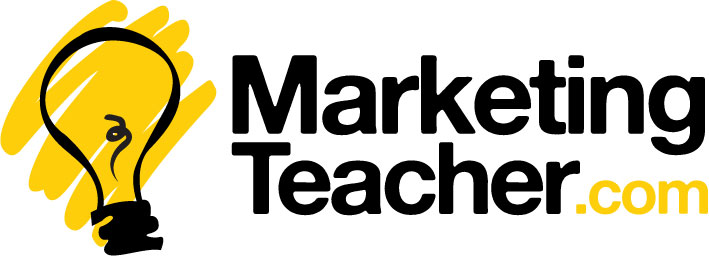SWOT Analysis Starbucks
Would you like a lesson on SWOT analysis?
Strengths.
- Starbucks Corporation is a very profitable organization, earning in excess of $600 million in 2004.The company generated revenue of more than $5000 million in the same year.
- It is a global coffee brand built upon a reputation for fine products and services. It has almost 9000 cafes in almost 40 countries.
‘Starbucks’ mission statement is ‘Establish Starbucks as the premier purveyor of the finest coffee in the world while maintaining our uncompromising principles while we grow.’ The following six guiding principles will help us measure the appropriateness of our decisions’ Read more…
Disclaimer:
This case study has been compiled from information freely available from public sources. It is merely intended to be used for educational purposes only.
- Starbucks was one of the Fortune Top 100 Companies to Work For in 2005. The company is a respected employer that values its workforce.
- The organization has strong ethical values and an ethical mission statement as follows, ‘Starbucks is committed to a role of environmental leadership in all facets of our business.’
Weaknesses.
- Starbucks has a reputation for new product development and creativity. However, they remain vulnerable to the possibility that their innovation may falter over time.
- The organization has a strong presence in the United States of America with more than three quarters of their cafes located in the home market. It is often argued that they need to look for a portfolio of countries, in order to spread business risk.
- The organization is dependant on a main competitive advantage, the retail of coffee. This could make them slow to diversify into other sectors should the need arise.
Opportunities.
- Starbucks are very good at taking advantage of opportunties. In 2004 the company created a CD-burning service in their Santa Monica (California USA) cafe with Hewlett Packard, where customers create their own music CD.
- New products and services that can be retailed in their cafes, such as Fair Trade products.
- The company has the opportunity to expand its global operations. New markets for coffee such as India and the Pacific Rim nations are beginning to emerge.
- Co-branding with other manufacturers of food and drink, and brand franchising to manufacturers of other goods and services both have potential.
Threats.
- Who knows if the market for coffee will grow and stay in favour with customers, or whether another type of beverage or leisure activity will replace coffee in the future?
- Starbucks are exposed to rises in the cost of coffee and dairy products.
- Since its conception in Pike Place Market, Seattle in 1971, Starbucks’ success has lead to the market entry of many competitors and copy cat brands that pose potential threats.
